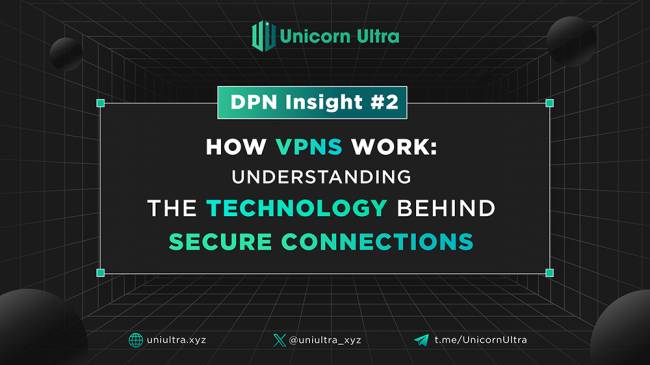In the digital age, where data breaches and cyber threats are commonplace, Virtual Private Networks (VPNs) have become essential tools for safeguarding online privacy and security. VPNs allow users to establish secure and encrypted connections over the internet, protecting data from unauthorized access.

This article delves into the underlying mechanisms of VPNs, explaining how they create secure connections and exploring the various protocols and types of VPNs available today.
The Core Mechanisms of VPNs: Encryption and Tunneling
At the heart of every VPN are two key mechanisms: encryption and tunneling. Encryption is the process of encoding data so that only authorized parties can decode and read it. When you use a VPN, the data you send and receive is encrypted, providing a layer of protection against eavesdroppers and hackers.
Tunneling, on the other hand, involves encapsulating data packets and sending them through a secure ‘tunnel’. This tunnel extends from the user’s device to the VPN server, ensuring that data remains secure and private as it traverses the public internet. The combination of these two mechanisms makes VPNs an effective tool for securing online communications.
VPN Protocols and Their Functioning
VPNs utilize various protocols to establish secure connections. Each protocol has its own set of rules and standards for encrypting and transmitting data. Some of the most common VPN protocols include:
- PPTP (Point-to-Point Tunneling Protocol): One of the earliest VPN protocols, PPTP is known for its simplicity and speed. However, it offers relatively weaker security compared to newer protocols and is generally used for quick and basic VPN setups.
- L2TP/IPSec (Layer Two Tunneling Protocol/Internet Protocol Security): L2TP is often paired with IPSec for enhanced security. While L2TP creates the tunnel, IPSec handles encryption, ensuring a higher level of data protection. This combination is more secure than PPTP and is widely used in both corporate and personal VPNs.
- OpenVPN: An open-source VPN protocol, OpenVPN offers a great balance of speed and security. It is highly configurable and uses advanced encryption standards, making it a popular choice for its robust security features and flexibility.
Different Types of VPNs and Their Uses
VPNs can be categorized into different types based on their usage and deployment models. Corporate VPNs, for instance, are used by businesses to provide employees secure access to internal networks remotely. Personal VPNs, on the other hand, are used by individual consumers to protect their online privacy, bypass geo-restrictions, and enhance security on public Wi-Fi networks.
Each type of VPN is designed to cater to specific requirements. For example, a corporate VPN might prioritize secure access to company resources, while a personal VPN might focus more on anonymity and accessing global content.
Conclusion
Understanding how VPNs work is crucial in today’s digital landscape, where online privacy and security are of paramount importance. VPNs have evolved from niche tools used by corporations to mainstream solutions that individuals rely on for safe and private internet access. As cyber threats continue to evolve, the role of VPNs in providing secure, encrypted tunnels for data transmission remains more vital than ever.
In conclusion, VPNs are a key component in modern internet usage, offering a blend of security, privacy, and flexibility. Whether for personal use or within a corporate environment, VPNs continue to be an indispensable tool in the quest for secure and private online communication.



.png)


